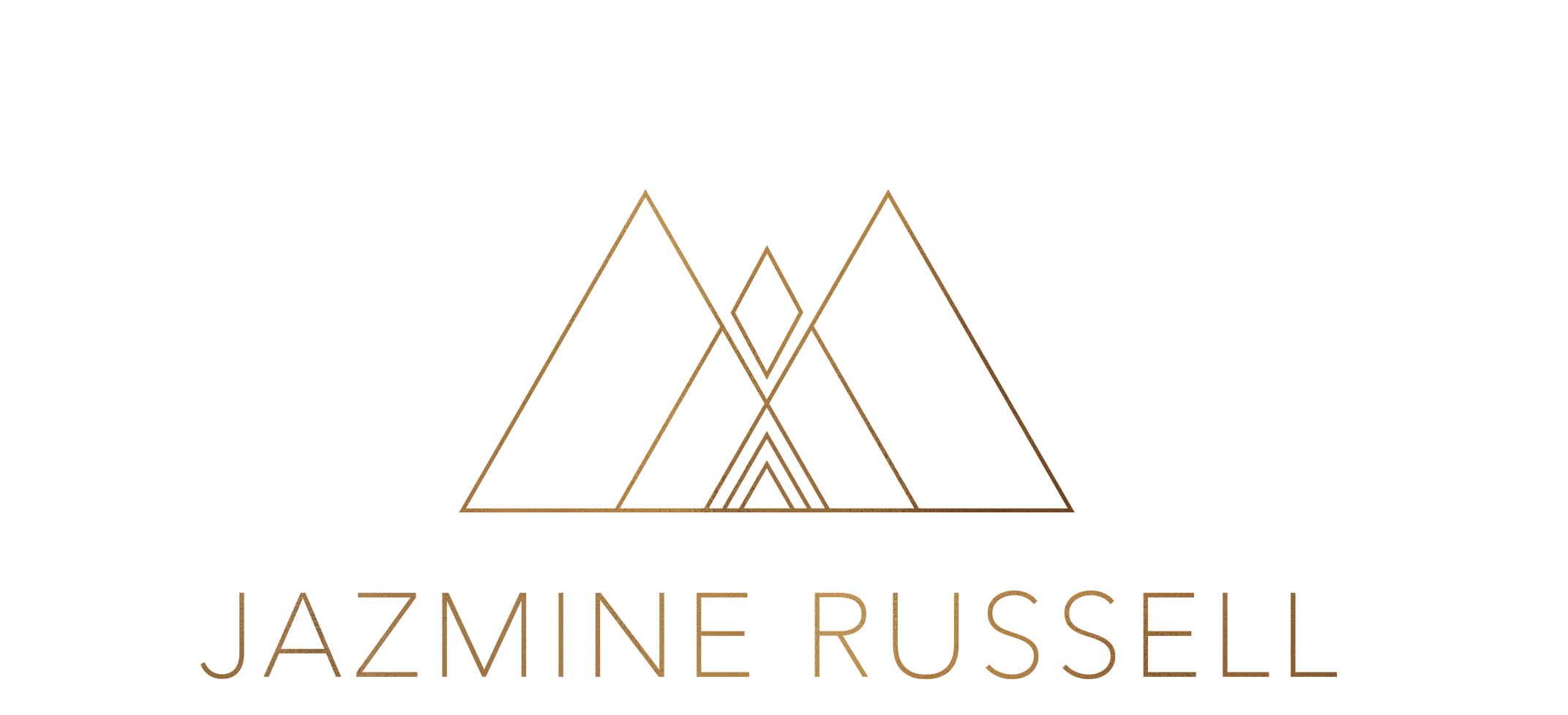How Anger Connects Us To Truth
When was the last time you held your rage as sacred? Or truly felt it was safe to feel anger?
I hold the belief that anger can connect us - it is an entrypoint, a truth-teller, a portal to our deepest wounds and our shared humanity. Anger can connect rather than divide us.
Training the body that it is safe to feel anger is an epic battle in and of itself, between the parts of us that can no longer shy away from the truth and the parts that are terrified of its consequences. It is a risk to believe that our rage is sacred.
The emotion of anger is often associated with the element of Fire. Locked within and repressed, anger becomes inflammation. That same burning redness, inhabited, causing chronic disease, autoimmune responses, frayed nervous systems. Turned outwards without intentionality, anger has the potential to burn bridges, scald connections. Twisted in on itself, anger can feel like our own personal gaslighting - being set on fire by a world that stokes the flames, internalized voices that echo centuries of oppression. Yet fire also cleanses, clears away debris, burns off what was already dying.
Anger, as an emotion, is inherently valuable. For some of us who grew up in families that used anger to control, or to traumatize, or perhaps, that fronted, pretended, hid, making vulnerability and resistance impossible - anger can be not only difficult to feel, but even harder to understand in others. When confronted with anger, many have a tendency to take it on as our own failing, or instead, to rage back. The underlying message of our bodies being: it is not safe to feel anger; it is even less safe to see anger in others. It can feel like a signal that there's a rejection, disruption, loss, or even violence coming. In our most intimate relationships, the fear of anger signals a lack of trust that our relationships can handle honesty, messiness, vulnerability, discomfort and disruption. Yet, relationships don't devolve because of anger, they devolve because of our unwillingness to express anger, to tolerate anger. They devolve because of what we think anger means and what we do with that story and that pain.
Anger, instead, can be a way in. A way to end the power struggle that is often invisible with others, organizations, society, and ourselves. A signal to get honest with yourself. Underneath anger is often a quieter message, whispering to us the places where we have been hurt for centuries, places where we held shame, where we have been unkind to ourselves, places where we have let too much slide, broken our boundaries, taken on too much, held too much. Often, anger is the result of repression. Of one too many times ignoring your gut, your truth, your voice, your reality (sometimes out of survival). These are areas where we are asked to get vulnerable (while acknowledging there are some places where it isn't safe to do so). Anger reveals our stories, histories, where we've been.
"When people would come to me and say, “oh, I’m so pissed. I’m so angry,“ I would help them turn their attention to the woundedness beneath the anger by saying, “Where are you hurting? Where is the aching? Where is your woundedness? What is your anger trying to protect?" Sometimes it’s OK to think that our anger is trying to protect us. However, it is more truthful to think that it’s actually protecting something else that’s a little deeper than that. It’s protecting our heart. It’s protecting our broken hearts. The work to turn our attention back to the goodness is this really intense, profound path of transformation, which doesn’t feel as good as just responding to the anger, because the energy of anger makes us feel powerful.” - Lama Rod Owens, Love & Rage: The Path of Liberation Through Anger
To get out of the fight with anger we must be willing to ask for what we need, vocalize the boundaries that have been violated, and know what anger is asking of us. Where is it asking us to show up more? Where is it asking us to look? What action is it truly driving us towards? What parts of us have been neglected?
As we work to make it safe to feel anger in ourselves, and honor the anger of others, we create less fragility, more connectedness. I want to create interpersonal and collective relationships where anger is allowed, boundaries are discussed openly, our wounds are on the table, and the society and history of oppression that created those wounds are centered, not as excuses for blindness or justifications for retribution, but so we are often reminded of the radical act of turning pain into transformation.
Be gentle with yourselves and your heart.
Much love,
Jazmine
1:1 Support
Emotional release,
Trauma healing,
Embodiment and somatic work,
Herbalism,
Spiritual and intuitive development


